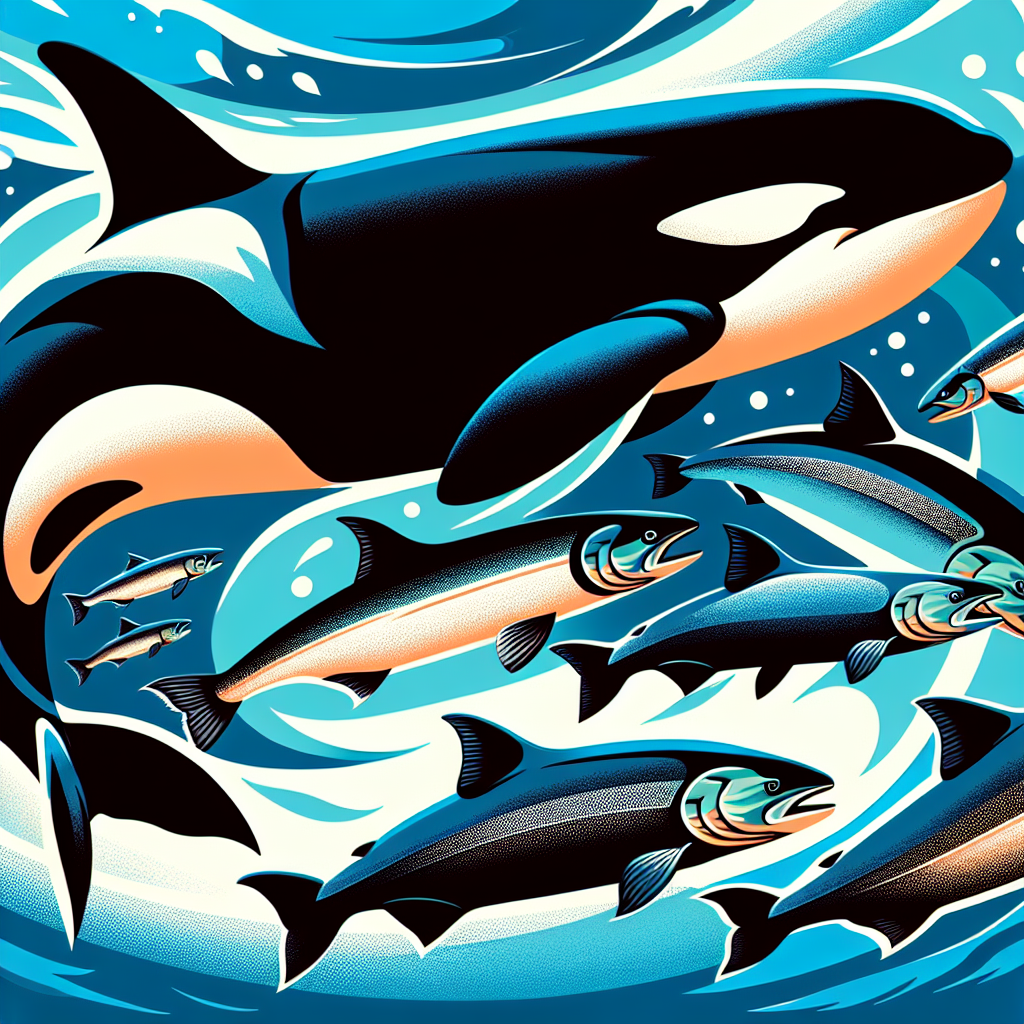Tahlequah the Grieving Killer Whale Loses Another Calf

Tahlequah's Heartbreaking Grief Captivates the World Once Again
Tahlequah, the renowned killer whale, has once again captured global attention with the heart-wrenching loss of another calf. Known scientifically as J35, this Southern Resident killer whale gained worldwide sympathy in 2018 when she was seen pushing her dead calf for 17 days. This act of carrying her calf was described as a 'record' by scientists and showcased the depth of maternal bonds within the animal kingdom.
Now, Tahlequah faces a similar tragedy as she supports the deceased body of her newborn calf off the coast of Seattle, USA. The Center for Whale Research, an institution dedicated to studying and conserving the Southern Resident killer whales, has reported this latest incident, adding that losing any calf is monumental, but particularly so for Tahlequah, given her previous losses. Out of the four calves she has birthed, two have tragically passed away, both female.
Impact on Southern Resident Killer Whales
The situation of Tahlequah sheds light on the challenges faced by Southern Resident killer whales, a population listed as endangered in both the United States and Canada. Their survival heavily depends on the availability of Chinook salmon, a diet staple that has dramatically declined in recent times. According to research by the University of Washington, the dwindling numbers of this fish have been directly linked to reproductive difficulties within these whale communities.
Southern Resident killer whales, like Tahlequah, are known for their extensive travels, covering up to 120 kilometers (approximately 75 miles) daily. Yet, the scarcity of their primary food source poses a significant threat to their survival and ability to nourish their young.
The Broader Conservation Effort
Tahlequah's mourning serves as a poignant reminder of the broader ecological and conservation issues. It underscores the interconnectivity of marine life and the need for concerted conservation efforts to protect these majestic creatures. Efforts like habitat restoration, sustainable fishing practices, and stringent environmental protections are crucial to preserving not just the killer whales but the delicate ecosystem they are an integral part of.
The emotional journey of Tahlequah has already inspired significant public interest and support for marine conservation initiatives. As researchers and conservationists work tirelessly to understand and mitigate the challenges these whales face, it is clear that Tahlequah's story is a symbol of resilience and a call to action for global conservation efforts.




